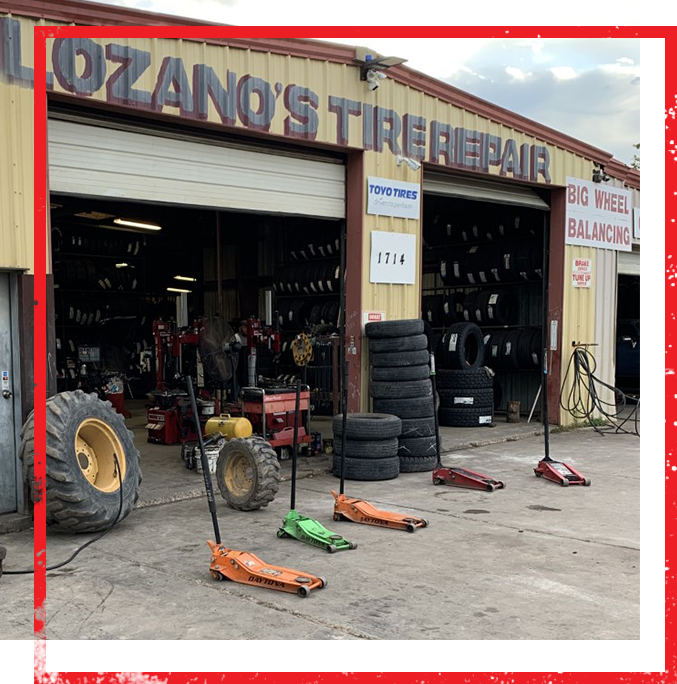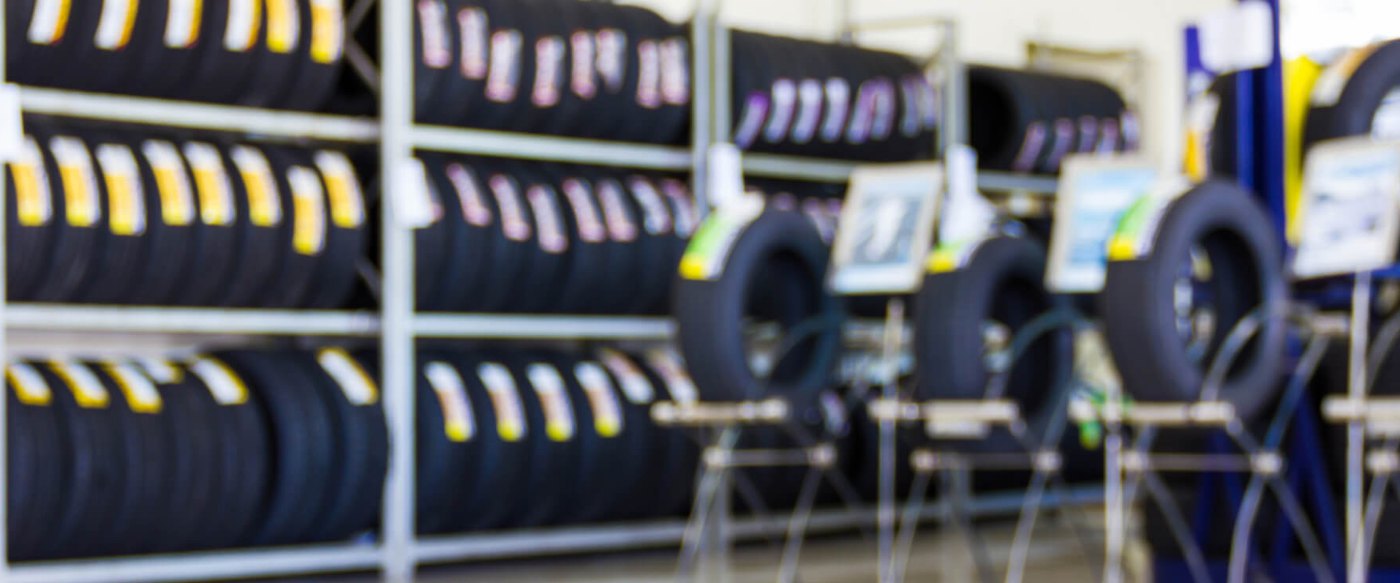Unbeatable Deals at Morris Tire: Your Best Place for Discount Rate Tires Morris IL
Unbeatable Deals at Morris Tire: Your Best Place for Discount Rate Tires Morris IL
Blog Article
The Environmental Benefits of Appropriate Tire Upkeep
Keeping appropriate tire care is often neglected, yet its effect on the environment is extensive. From minimizing fuel consumption to lowering exhausts outcome, the advantages are far-ranging. Appropriate tire upkeep not just extends the life expectancy of tires however additionally reduces landfill waste and adds to enhanced air quality. The interconnectedness of these advantages highlights the important role that simple upkeep practices can play in advertising environmental sustainability.
Lowered Fuel Intake
Improving tire upkeep practices can lead to a significant reduction in fuel intake for automobiles. According to the United State Division of Power, underinflated tires can decrease gas mileage by 0.2% for every 1 psi decline in stress in all 4 tires.
Along with tire stress, regular tire rotations and positionings also play a vital role in fuel efficiency. Erratically used tires can raise gas usage as the engine works harder to maintain rate and traction. By preserving proper positioning and rotating tires at advised intervals, motorists can make sure also put on and lengthen the life of their tires, inevitably conserving gas and minimizing their carbon footprint.
Extended Tire Life Expectancy
Prolonging the life expectancy of tires is a key facet of effective vehicle upkeep methods that can yield price savings and ecological advantages in the future. By properly keeping tires, motorists can significantly lengthen their functionality, reducing the regularity at which new tires need to be produced and old ones disposed of. This not just saves valuable resources but also decreases the energy and exhausts connected with tire manufacturing and disposal procedures.
Regularly inspecting tire stress, turning tires, and guaranteeing correct alignment are crucial action in prolonging tire life-span. Sufficient step deepness is vital for optimal grip and safety, however it likewise contributes in how much time tires can be used before requiring substitute. Additionally, avoiding hostile driving habits that speed up tire wear, such as harsh braking and doglegs, can further improve tire toughness.
Ultimately, enhancing the long life of tires via positive upkeep not only benefits the environment by lowering waste and preserving resources but likewise leads to set you back financial savings for lorry owners by delaying the need for brand-new tire acquisitions.
Reduced Discharges Output
Reliable tire maintenance methods add to a reduction in emissions outcome, straightening with ecological sustainability goals in the auto sector. Properly filled with air tires, routinely rotated and aligned, can improve fuel efficiency, hence lowering the overall co2 exhausts from cars. When tires are underinflated, the engine has to function tougher to thrust the lorry, causing raised gas usage and higher emissions. By keeping optimum tire pressure levels, chauffeurs can help reduce these unfavorable environmental impacts.
Additionally, well-maintained tires additionally improve traction and minimize rolling resistance, even more enhancing fuel efficiency. This, subsequently, decreases the amount of exhaust gases launched right into the atmosphere. In addition, making sure tires are correctly pumped up and aligned can expand the lifespan of the tires, reducing the regularity of tire replacements and the linked ecological expenses of tire manufacturing and disposal.

Decreased Land Fill Waste
Given the favorable impact of correct tire upkeep on lowering emissions output, an additional substantial ecological advantage is the potential for lowered land fill waste. They use out much faster and require to be changed extra regularly when tires are not maintained appropriately. This causes a greater volume of used tires being gotten rid of in garbage dumps. Nonetheless, by making sure that tires are correctly blown up, straightened, well balanced, and revolved frequently, their lifespan can be significantly extended. This wikipedia reference indicates that fewer tires finish up in land fills, lowering the amount of non-biodegradable waste in these currently overflowing sites.

Improved Air Top Quality
Enhancing air quality via appropriate tire upkeep methods is a critical element of sustainable ecological stewardship. When tires are underinflated, they create much more rolling resistance, bring about increased fuel intake and higher exhausts of dangerous pollutants such as carbon monoxide and nitrogen oxides. Properly filled with air tires not only improve gas performance yet likewise minimize the amount of pollutants launched right into the air.
Moreover, well-maintained tires with appropriate tread deepness and placement add to safer driving conditions, reducing the probability of mishaps that can lead to the release of additional contaminants into the environment. By expanding the life-span of tires through normal upkeep and turning, fewer tires are thrown out prematurely, lowering the ecological impact of tire disposal and production procedures.
Final Thought
In final thought, appropriate tire upkeep uses numerous environmental benefits. It is crucial for individuals to prioritize tire maintenance as a basic yet effective way to shield the atmosphere for future generations.
Correct tire maintenance not only prolongs the life-span see it here of tires yet likewise reduces garbage dump waste and contributes to boosted air quality - morris tire. By preserving company website appropriate alignment and revolving tires at suggested intervals, drivers can make certain also wear and lengthen the life of their tires, inevitably conserving fuel and reducing their carbon impact
By effectively keeping tires, vehicle drivers can substantially extend their functionality, decreasing the regularity at which new tires need to be produced and old ones disposed of.Routinely inspecting tire stress, revolving tires, and making certain appropriate alignment are crucial actions in expanding tire life expectancy. Additionally, making sure tires are appropriately blown up and straightened can prolong the lifespan of the tires, minimizing the regularity of tire replacements and the linked ecological expenses of tire manufacturing and disposal.
Report this page